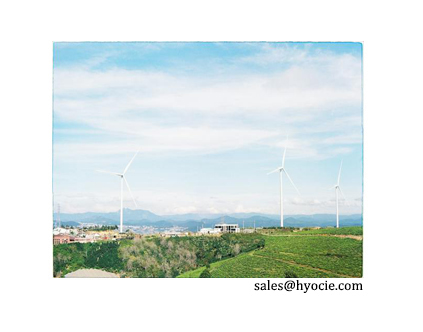Germany’s energy transition
According to the latest data from the German Federal Network Agency, in 2023, Germany's renewable energy power generation accounted for more than half of the total power generation for the first time, reaching an astonishing 56%! At the same time, the total installed capacity of renewable energy generation also increased by 17 GW, a 12% increase from 2022. This marks significant progress in Germany's energy transition. For many years, the German government has been committed to accelerating the energy transition, to achieve 80% of total power generation from renewable energy by 2030.
Today, this goal seems within reach. In this energy revolution, wind power plays an important role. Germany's installed wind power capacity reached 60.9 GW in 2023, with onshore wind power generation reaching a record high and offshore wind power generation also increasing. In addition, solar photovoltaic power generation has also achieved breakthroughs. According to statistics, 1 million new solar power generation and heating systems were installed in Germany last year, a year-on-year increase of 85%, setting a new record.
To further promote the popularization of solar energy, the German Federal Ministry for Economic Affairs and Climate Protection also released the "Outline of the Solar Energy Package", aiming to accelerate the popularization of solar photovoltaic electricity in ordinary households. This has undoubtedly injected a strong impetus into the development of the solar energy industry. In addition, the German government is also actively developing the hydrogen energy industry. Recently, Germany became the first EU member state to participate in the European Hydrogen Bank’s “auction-as-a-service” program and provided an additional €350 million in funding for electrolyzer projects.
At the same time, the German national hydrogen energy pipeline network construction project is also progressing intensively. It plans to use 60% of the existing natural gas pipelines to build a 9,700-kilometer hydrogen energy core network in Germany. These efforts of Germany not only promote the country's energy transformation but also make positive contributions to global sustainable development. With the widespread application of renewable energy and the continuous advancement of technology, we have reason to believe that a greener and more sustainable future is coming to us.

